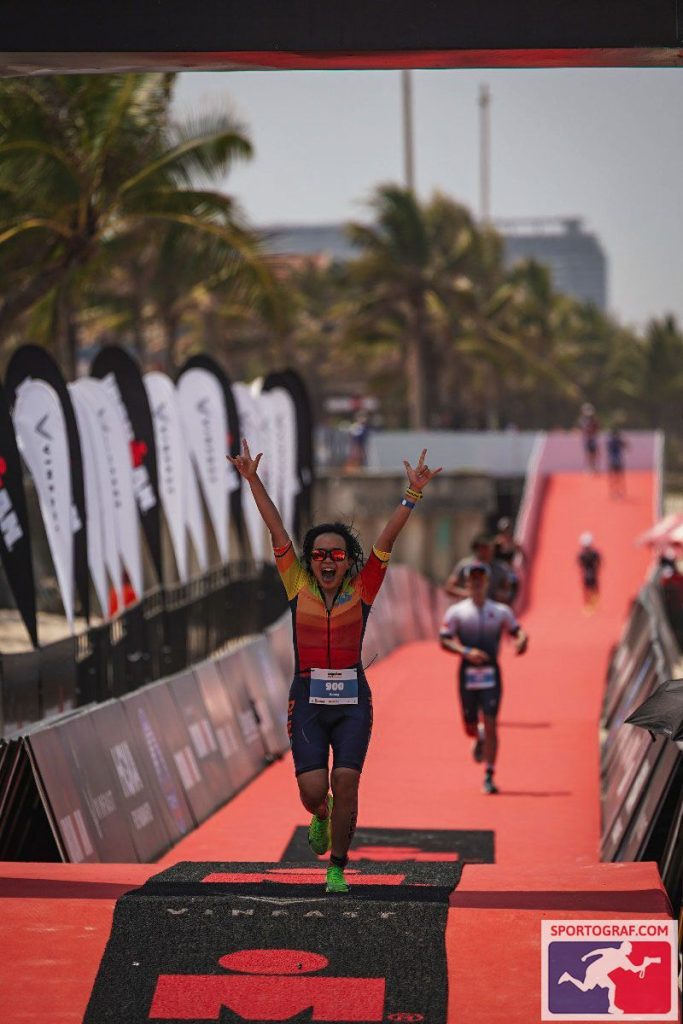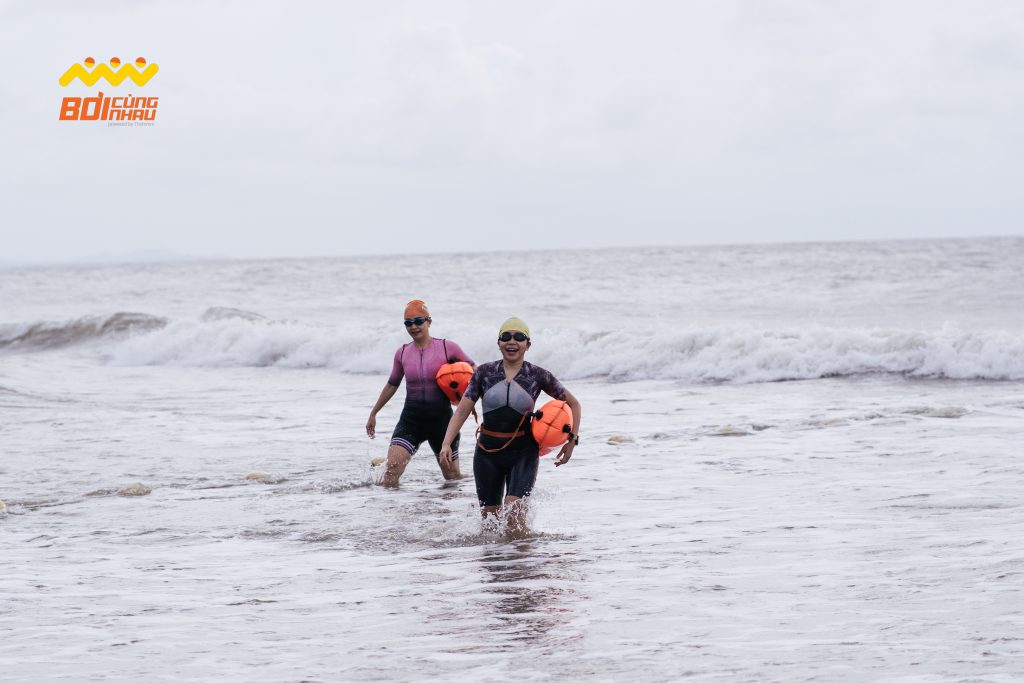Ironman training isn’t just about endurance. It’s about transformation. When I first signed up for my first Ironman 70.3 more than 2 years ago, I thought I was preparing for a triathlon. What I didn’t realize was that I was about to undergo a complete mindset shift. This journey became more than just swimming, cycling, and running. It became my school of life—a training ground for discipline, resilience, and inner strength.
In this article, I’ll share how Ironman training taught me the true meaning of discipline and grit. Whether you’re an aspiring triathlete or someone simply looking for inspiration to build a more focused and resilient life, this story is for you.
What Is an Ironman?
Before we dive into the lessons, let’s define what an Ironman actually is.
An Ironman 70.3, also known as a Half Ironman, is a long-distance triathlon that consists of:
-
1.9 km (1.2 miles) swim
-
90 km (56 miles) bike
-
21.1 km (13.1 miles) run
It takes months—sometimes years—of consistent training to prepare for this kind of race. But beyond the physical preparation, what matters most is your mental commitment.

Lesson 1: Discipline Is Doing It Even When You Don’t Feel Like It
When I first started training, it was exciting. Every session felt new. I’d wake up at 5 a.m. to go for a swim, and I felt proud of myself for showing up.
But the excitement fades. Motivation is not constant. And this is where I learned my first big lesson: Discipline means doing the work even when it’s the last thing you want to do.
Some mornings, I was exhausted. Some evenings, I was sore from the previous workout. But I showed up. Not because I felt like it, but because I made a commitment to myself.
This one lesson has changed my entire life. I apply it to work, relationships, and even how I take care of my mental health. When you show up for yourself consistently, you build trust in your own word.
Lesson 2: Progress Is Not Linear
I used to think that if I trained consistently, I would get better every single week. Faster times, better endurance, fewer aches.
Wrong.
There were weeks I felt amazing—and weeks I couldn’t even complete the full training plan. There were moments I broke personal records, and others when I was gasping for air at a pace that once felt easy.
But I learned to zoom out. To look at the bigger picture. Like investing, progress in triathlon (and life) looks more like a messy upward trend than a straight line.
Grit is about staying in the game during the dips. Knowing that hard days are part of the journey—and they don’t define you.

Lesson 3: Grit Means Getting Back Up
Training for an Ironman taught me what real grit looks like.
It’s easy to keep going when everything is going well. But true grit is tested when you fall—literally and figuratively.
I’ve had injuries. I’ve had bad races. I’ve missed workouts. I’ve had moments when I doubted if I was strong enough.
But every single time, I got back up.
Sometimes slower. Sometimes unsure. But I got back on the bike. Back in the pool. Back on the track.
And with each return, I became mentally stronger.
Grit is not about being fearless. It’s about facing the fear and still moving forward.
Lesson 4: Small Habits Matter More Than Big Goals
Training for a triathlon taught me that showing up every day matters more than chasing the perfect race.
Big goals like “finish Ironman” are important—they give you direction. But it’s the daily rituals that actually get you there:
-
Packing your training clothes the night before
-
Drinking water consistently
-
Sleeping well
-
Stretching even when it’s boring
-
Journaling after hard sessions
These small things don’t feel dramatic. But they build the foundation of a high-performing life. And over time, they make the difference between burnout and breakthrough.
Lesson 5: Mental Training Is Just as Important
If physical training is one side of the coin, mental toughness is the other.
During a race or long training day, your body can be ready—but your mind may try to quit.
-
“This is too hard.”
-
“Why are you doing this?”
-
“You’re not strong enough.”
I’ve had those thoughts mid-run, mid-ride, and even in the water.
Ironman training taught me how to manage that inner voice:
-
I learned to breathe deeply when panic rose.
-
I practiced positive self-talk like: “One more lap. One more breath.”
-
I visualized the finish line and reminded myself why I started.
This mental training doesn’t just help in sport—it helps in everything.
Now, when I face difficult conversations or big work deadlines, I tap into the same mental toolkit.
Lesson 6: Your Environment Matters
I didn’t train alone. I trained with three coaches and teammates. I had friends cheering me on. I followed inspiring athletes on YouTube.
Your environment shapes your discipline.
-
Training with people better than me pushed me to level up.
-
Having coaches gave me structure.
-
Talking to others about my journey kept me accountable.
If you want to grow your discipline and grit, surround yourself with others who live it. The people around you are like mirrors—they reflect who you’re becoming.

Lesson 7: Rest Is Part of the Plan
This one surprised me.
I used to think discipline meant training all the time. But in endurance sports, rest is non-negotiable. It’s when your body heals. It’s how you get faster.
I had to reframe rest from being “lazy” to being strategic.
-
I learned to listen to my body.
-
I took naps guilt-free.
-
I celebrated recovery days as much as hard sessions.
Rest is a form of self-respect. It’s how we stay in the game long-term—without injury or burnout.
Lesson 8: Discipline Creates Freedom
Most people think discipline is limiting. But for me, it has created freedom.
Because I have a structure for my days, I’m more productive. I get more done. I have more energy. I don’t waste time deciding what to do next.
Discipline has helped me:
-
Build a strong morning routine
-
Balance work and training
-
Be more present with my family and friends
Freedom doesn’t come from doing whatever you want—it comes from building a life you’re proud of. And that takes discipline.
Real Life Applications: Beyond the Finish Line
The lessons from Ironman training go far beyond race day. Here are just a few ways they’ve transformed my life:
In Work:
I approach tasks like training blocks. I prioritize deep work. I recover when needed. I don’t chase perfection—I chase consistency.
In Relationships:
I listen better. I show up even when I’m tired. I’m more empathetic, knowing we all have invisible races we’re training for.
In Personal Growth:
I read more. I journal regularly. I meditate every morning. These rituals came from learning the value of repetition in training.
Training for an Ironman changed my life. Not just because of the physical transformation, but because of the mindset it built within me.
I learned to trust myself. I learned that progress is messy but beautiful. I learned that discipline is a daily practice—and that grit is getting back up every single time.
Whether you ever train for a triathlon or not, I hope this story reminds you that you are capable of so much more than you think.
Start small. Stay consistent. Keep showing up.
And over time, you’ll build a life full of strength—not just on the outside, but within.


